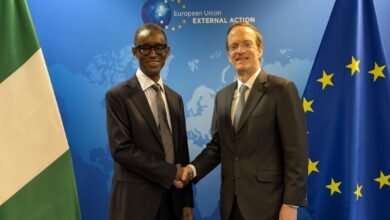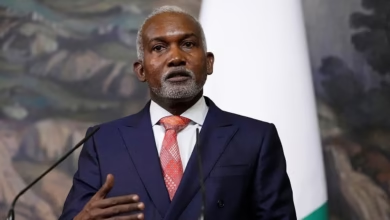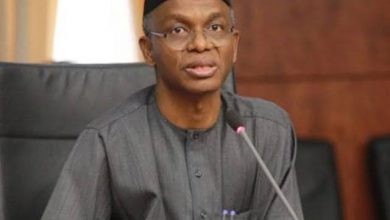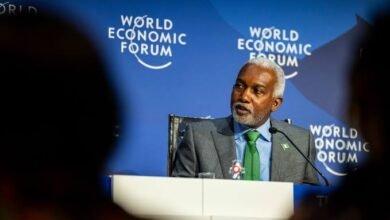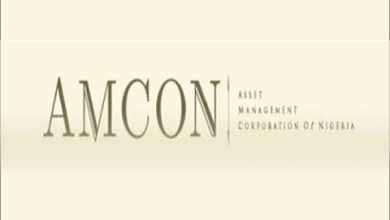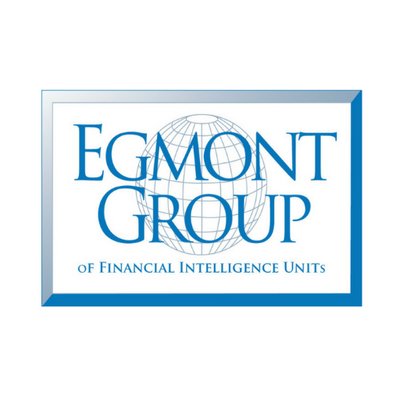
“Corruption is worse than prostitution. The latter might endanger the morals of an individual, the former invariably endangers the morals of the entire country” – Karl Kraus
By Ayobami Akanji
The Egmont Group, is a network of 157 countries or Financial Intelligence Units (FIUs) across the world. The Group serves as a hub where members exchange financial intelligence which aids them in fighting money-laundering and terrorism financing.
It is poignant to add that FIUs are uniquely positioned to cooperate and support national and international efforts in tracing clandestine movement of funds, as they are trusted gateways for sharing financial information domestically and internationally, in compliance with global Anti Money Laundering and Counter Financing of Terrorism (AML/CFT) standards.
It was a big news when the story broke of Nigeria’s Financial Intelligence Unit (NFIU) being disconnected by the EGMONT Working Group on July 5, 2017 at its plenary of Heads of FIUs in Macau. Nigeria was disconnected after the FIU identified two issues which Nigeria must address before September 2018 plenary to ensure the suspension is lifted or risk outright expulsion.
However, the concerns bordered on the expectation of the group for a review of the relevant provisions of the EFCC Act which, currently, is the law that created the NFIU, to guarantee the “protection of confidentiality, specifically as regards the status of Suspicious Transfer Reports information derived from international exchanges” and not an outright passage of a new law.
Furthermore, if the expulsion was allowed to happen – it would have practically destabilized Nigeria’s financial industry. Nigeria would be blacklisted in international finance; Visa, MasterCard amongst others, issued by Nigerian financial institutions will be rejected, correspondent banking will erode, risk profile of the country will plummet, our ability to attract critical capital that will boost the economy will be reduced and over all, the confidence in Nigeria’s financial industry will plummet.
Correspondingly, to show the administration’s seriousness in changing the tide swiftly, and given the importance of the intelligence gotten from the EGMONT Group, the Vice President Yemi Osinbajo, set up an ad-hoc committee to realign the NFIU with the sole aim of ensuring Nigeria’s membership is restored, which finally led to lifting of the suspension of the Nigerian Financial Intelligence Unit (NFIU) during its 25th plenary in Sydney, Australia. The NFIU has an independent legal framework which was confirmed by the Egmont Group fact-finding mission who paid an unscheduled visit to the NFIU office in Abuja. An excited staff of the NFIU said this of the visitation “They inspected all our facilities and they were impressed. So, at the meeting on Wednesday in Sydney, the report was tabled before the plenary and the suspension was lifted.”
The NFIU will now act as the central body in Nigeria responsible for requesting, receiving, analysing and disseminating financial and other information to all law enforcement and security agencies and other relevant authorities.
Conversely, this move, signing of the bill by President Buhari will boost and help Nigeria’s fight against corruption. It will improve confidentiality in the handling of financial informations. The NFIU is now an independent and operationally autonomous body, institutionally domiciled in the Central Bank of Nigeria (CBN) and will now consolidate effectively the recently signed Executive Order 6, aimed at strengthening the fight against corruption in Nigeria.
Moreover, the current administration has placed the fight against corruption on the top burner as the country signed on to various strategic international institutions to help curb the adverse effects of grand corruption on Nigerians such as; the Open Government Partnership (OGP), an MOU with the Global Forum for Asset Recovery (GFAR) aside homegrown solutions like the Treasury Single Account (TSA), Efficiency Unit (E Unit), Whistleblower policy while President Buhari has used every international fora to advocate the return of stolen assets back to Nigeria.
Akanji is a political strategist, and writes from Abuja.

